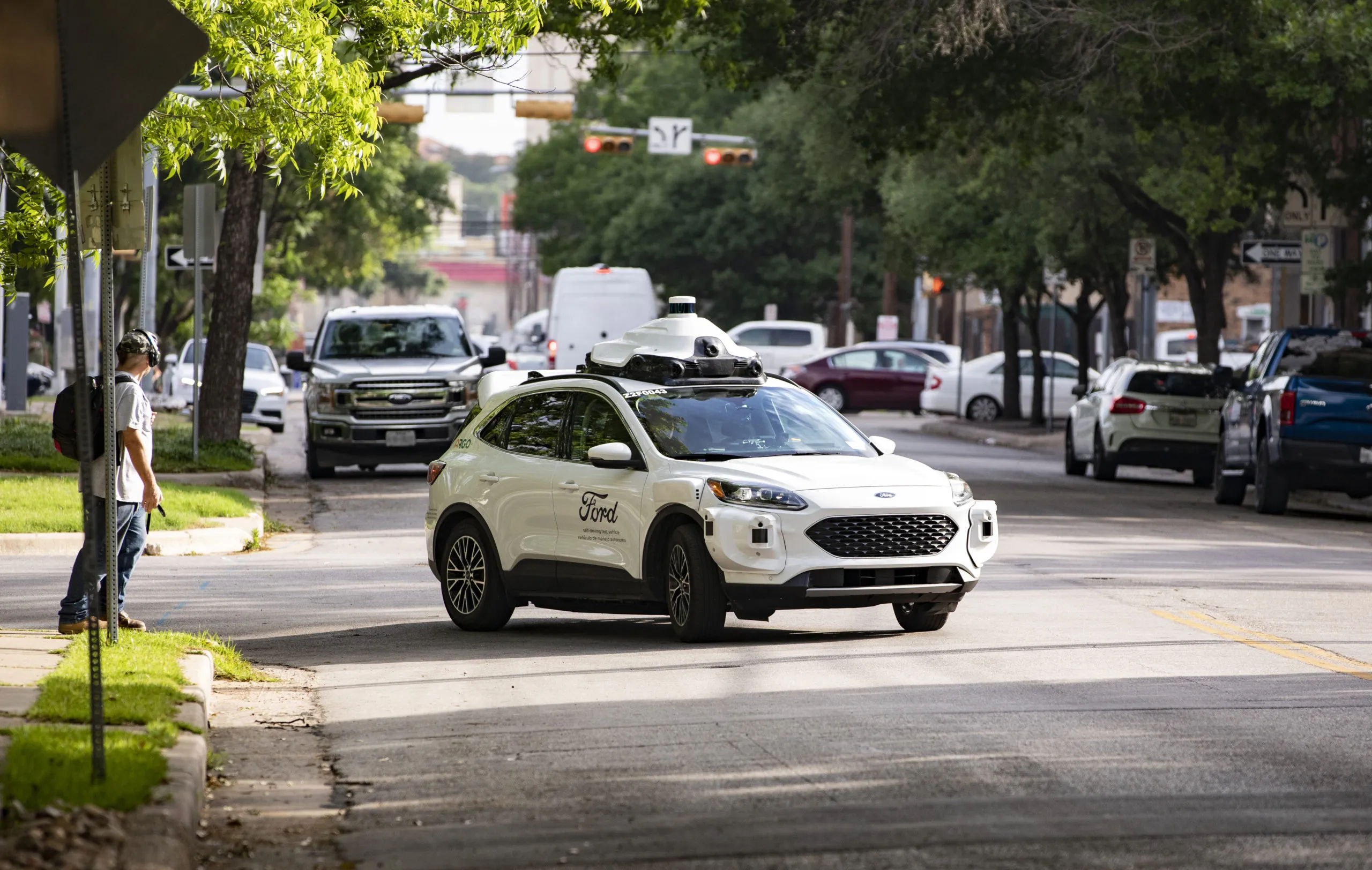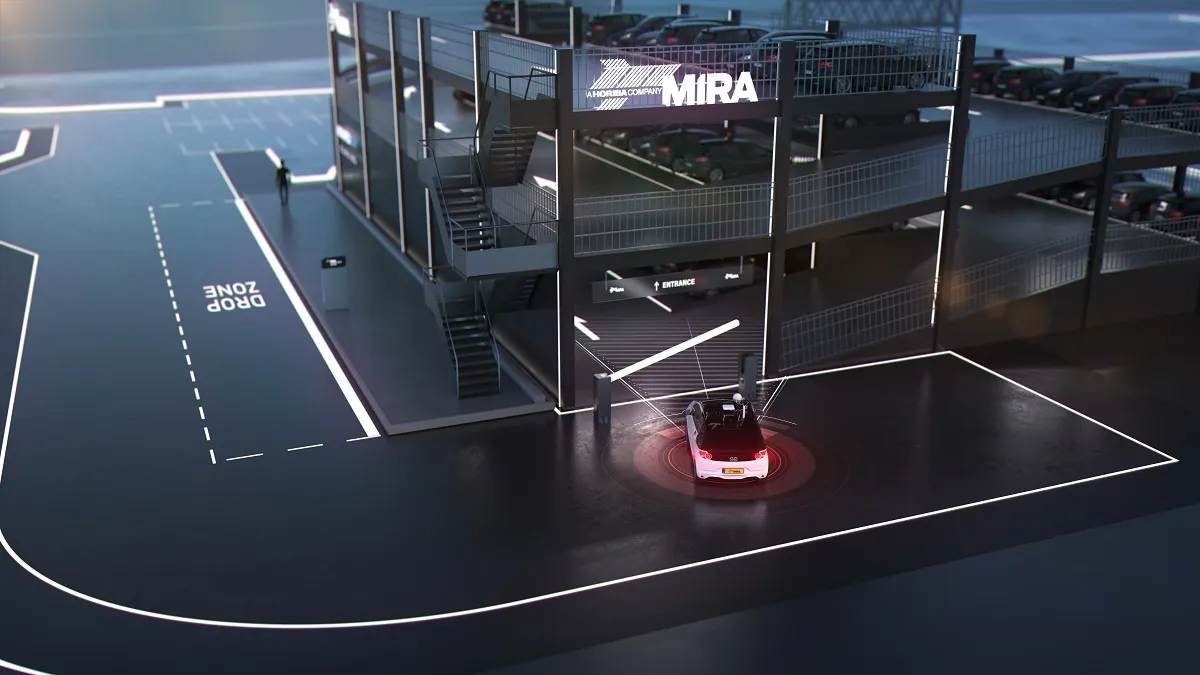
Verizon and Amazon Web Services (AWS)'s mobile edge computing (MEC) platform is now available to Cellular Vehicle to Everything (C-V2X) and V2X developers in Dallas and Miami.
The Verizon 5G Edge with AWS Wavelength launched in August in Boston and the Bay Area and has since expanded to New York, Atlanta and Washington, DC.
Verizon says 5G Edge moves the data and processing done by the applications and services closer to the end user at the edge of the network.
This shortens the round trip that data needs to travel, reducing lag time - or latency - and helps critical, performance-impacting applications respond more quickly and efficiently, the company adds.
According to Verizon, AWS Wavelength brings AWS computing and storage services to the edge of Verizon’s 5G ultra wideband network, allowing users to develop applications with increased speeds, massive bandwidth and ultra-low latency.
Verizon describes 5G and MEC as “essential building blocks” in the C-V2X and V2X spaces for enabling connected and autonomous vehicles (C/AVs).
Several C-V2X and V2X developers are already testing their solutions at the edge of Verizon's 5G network.
LG Electronics (LGE) is piloting a C-V2X platform using Verizon 5G Edge and AWS Wavelength to move data in near real-time.
It includes a service that is intended to improve driving safety with secure information sharing between vehicles, mobile devices and transportation infrastructures.
Rick Kreifeldt, general manager of LGE America R&D lab, says the company is utilising Verizon 5G and AWS Wavelength to enhance its Authentication as a Service’s capability to achieve timely message filtering with plausibility and consistency check.
Additionally, Verizon’s 5G and MEC deployments have allowed Renovo to develop network advanced driver assistance systems (ADAS) safety features such as real-time alerts for situations where drivers need to react instantly to dangerous situations ahead.
Renovo offers an automotive data platform which indexes and filters ADAS vehicle data in real-time.
Renovo co-founder Christopher Heiser says: “With 5G and MEC, we have built a robust, low-latency and high-bandwidth solution that aligns with the demands of today’s data-driven automotive product roadmaps.”
Meanwhile, Savari is testing how the high bandwidth and ultra-low latencies enabled by 5G and MEC can support applications that can provide warning information to drivers and pedestrians in near real-time.
Savari CEO Ravi Puvvala says: “The C-V2X trial with Verizon 5G Edge and AWS Wavelength leverages the power of 5G and MEC to create communication paths that are hyperlocal, highly reliable, and super-low latency to make our roads many times safer.”









